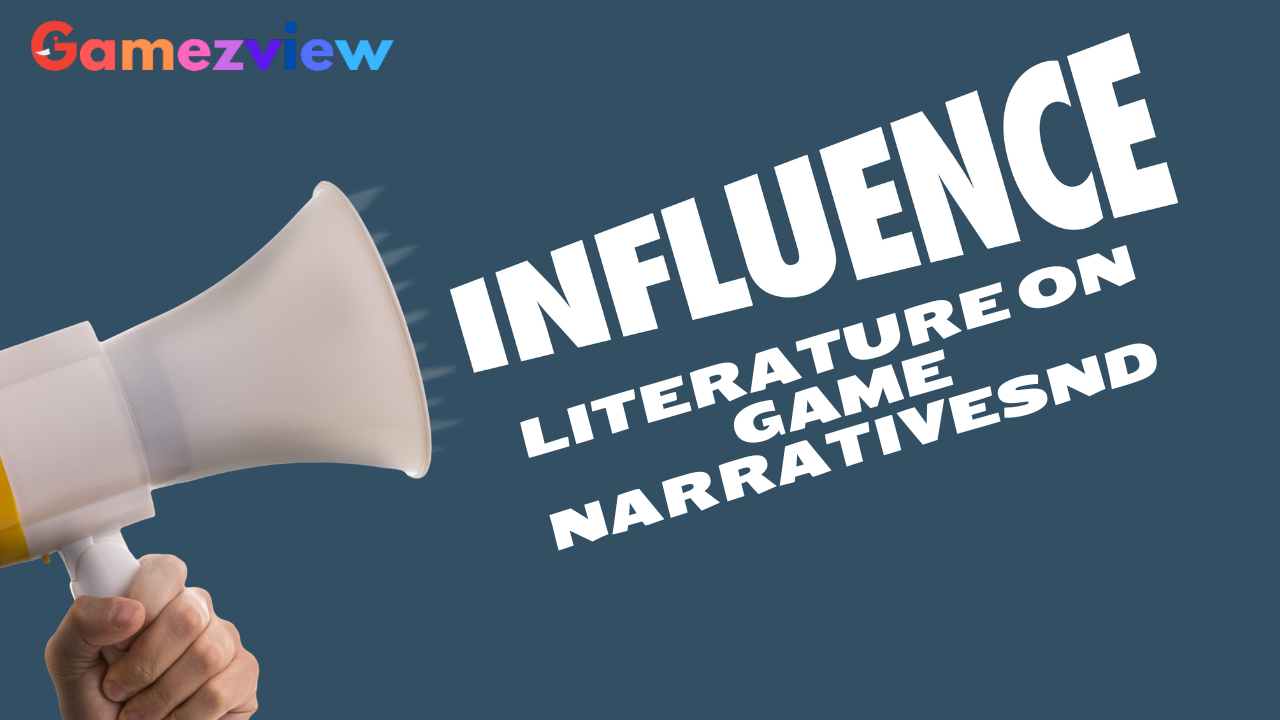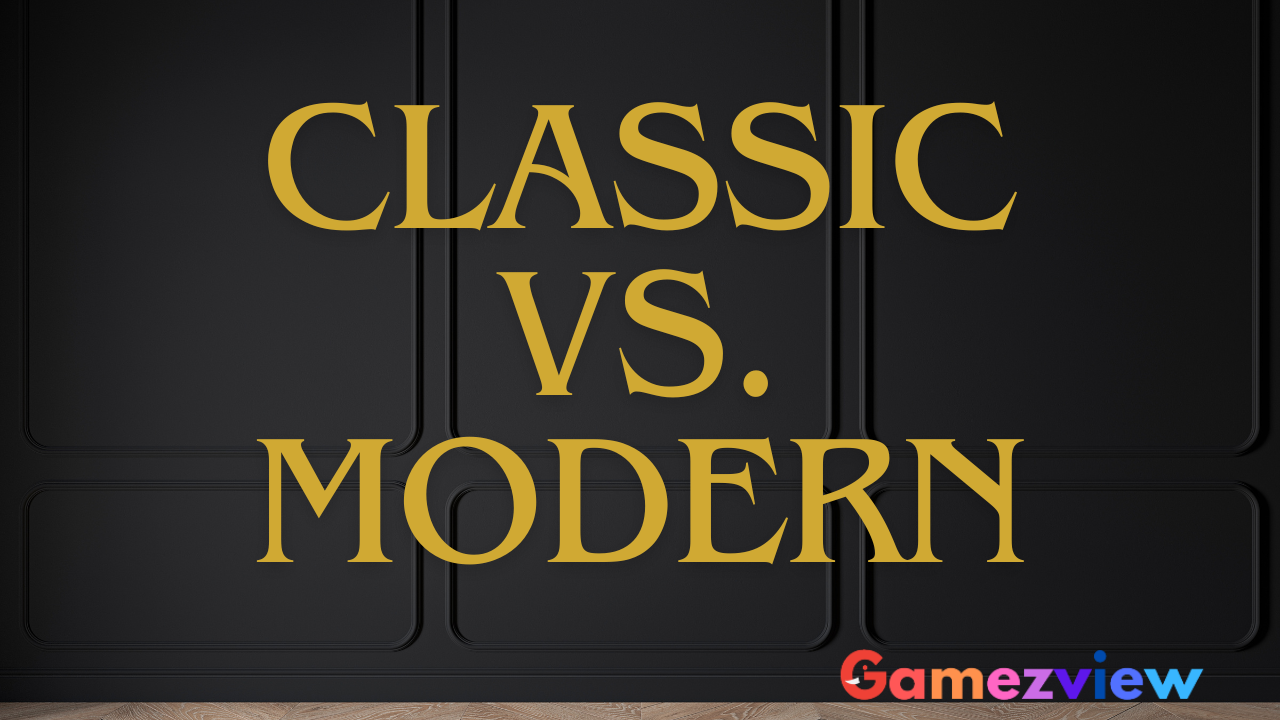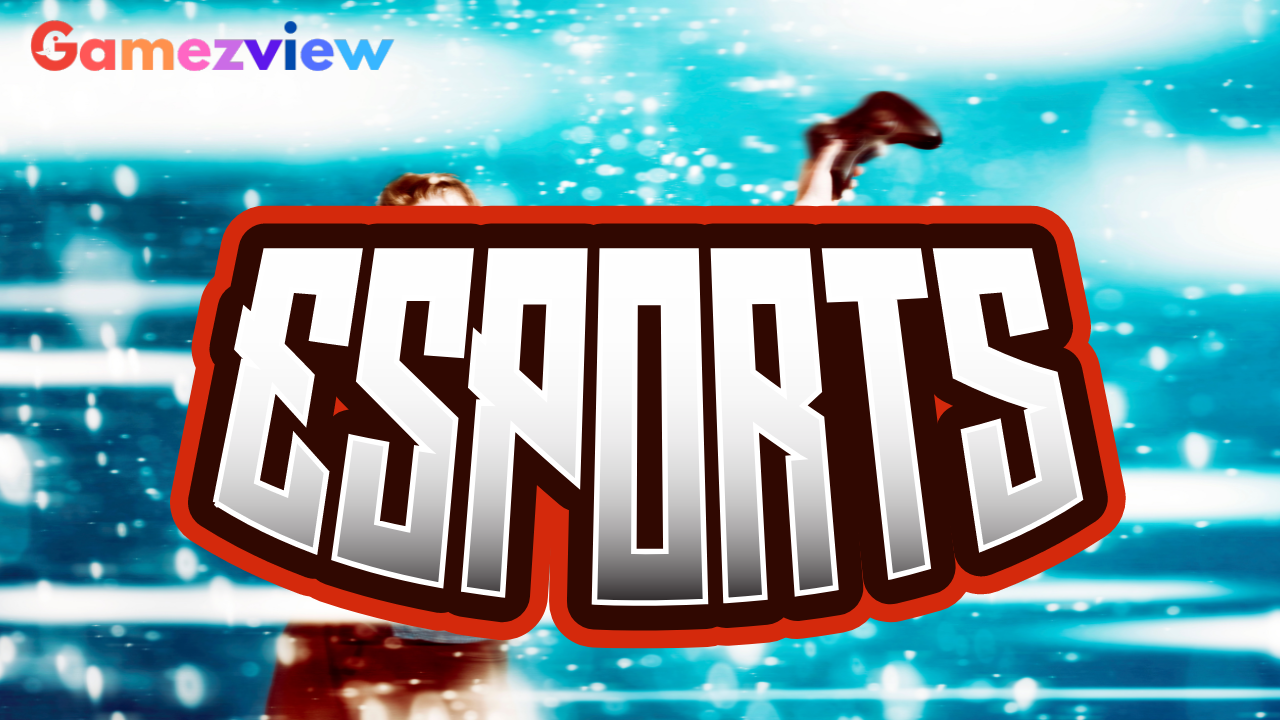Bridging Two Worlds: The intersection of literature and gaming has given rise to captivating narratives that transcend traditional storytelling boundaries. In this article, we explore the profound influence of literature on game narratives, examining how literary elements enrich gaming experiences and shape immersive storytelling.
Literature’s Impact on Game Narratives
Literature serves as a rich source of inspiration for game developers, offering timeless themes, compelling characters, and intricate plot structures that elevate game narratives to new heights.
1. Character Development and Depth
Literature provides a wealth of nuanced characters, each with their motivations, flaws, and arcs. Game developers draw inspiration from literary characters to create memorable protagonists, antagonists, and supporting cast members that resonate with players on a deep emotional level.
2. Worldbuilding and Immersive Settings
The detailed settings and rich worldbuilding found in literature serve as blueprints for game environments, from fantastical realms to dystopian landscapes. By weaving intricate lore, history, and culture into game worlds, developers immerse players in immersive storytelling experiences that rival the depth of literary masterpieces.
3. Narrative Structure and Pacing
Literary techniques such as foreshadowing, symbolism, and nonlinear storytelling are seamlessly integrated into game narratives, enhancing plot complexity and engagement. By crafting branching storylines, moral dilemmas, and player choices, developers empower players to shape their narrative journeys, reminiscent of choose-your-own-adventure novels.
Examples of Literary Influence in Games
Numerous games have drawn inspiration from classic and contemporary literature, incorporating thematic elements, narrative structures, and character archetypes into their storytelling.
1. “Bioshock” Series: A Dystopian Vision
Inspired by Ayn Rand’s “Atlas Shrugged” and George Orwell’s “1984,” the “Bioshock” series explores themes of objectivism, totalitarianism, and moral choice within the dystopian underwater city of Rapture. Through its thought-provoking narrative and immersive world, “Bioshock” delivers a compelling commentary on societal ideologies and the consequences of unchecked ambition.
2. “The Witcher” Series: A Saga of Morality
Based on the fantasy novels by Andrzej Sapkowski, “The Witcher” series delves into a world of moral ambiguity, political intrigue, and existential themes. Through its complex characters, branching narratives, and morally grey choices, “The Witcher” challenges players to navigate a morally complex world where every decision has consequences.
3. “Red Dead Redemption 2”: A Tale of Redemption
Drawing inspiration from Western literature and cinematic classics, “Red Dead Redemption 2” tells the epic saga of Arthur Morgan, a conflicted outlaw seeking redemption in the fading days of the Wild West. With its sweeping landscapes, morally ambiguous characters, and poignant storytelling, “Red Dead Redemption 2” immerses players in a world where honour and loyalty are tested against the backdrop of a changing frontier.
A Harmonious Convergence
The influence of literature on game narratives is undeniable, shaping the storytelling landscape and enriching gaming experiences with depth, complexity, and emotional resonance. By drawing inspiration from literary masterpieces, game developers bridge the gap between two distinct art forms, creating immersive narratives that captivate players and elevate gaming to new artistic heights





